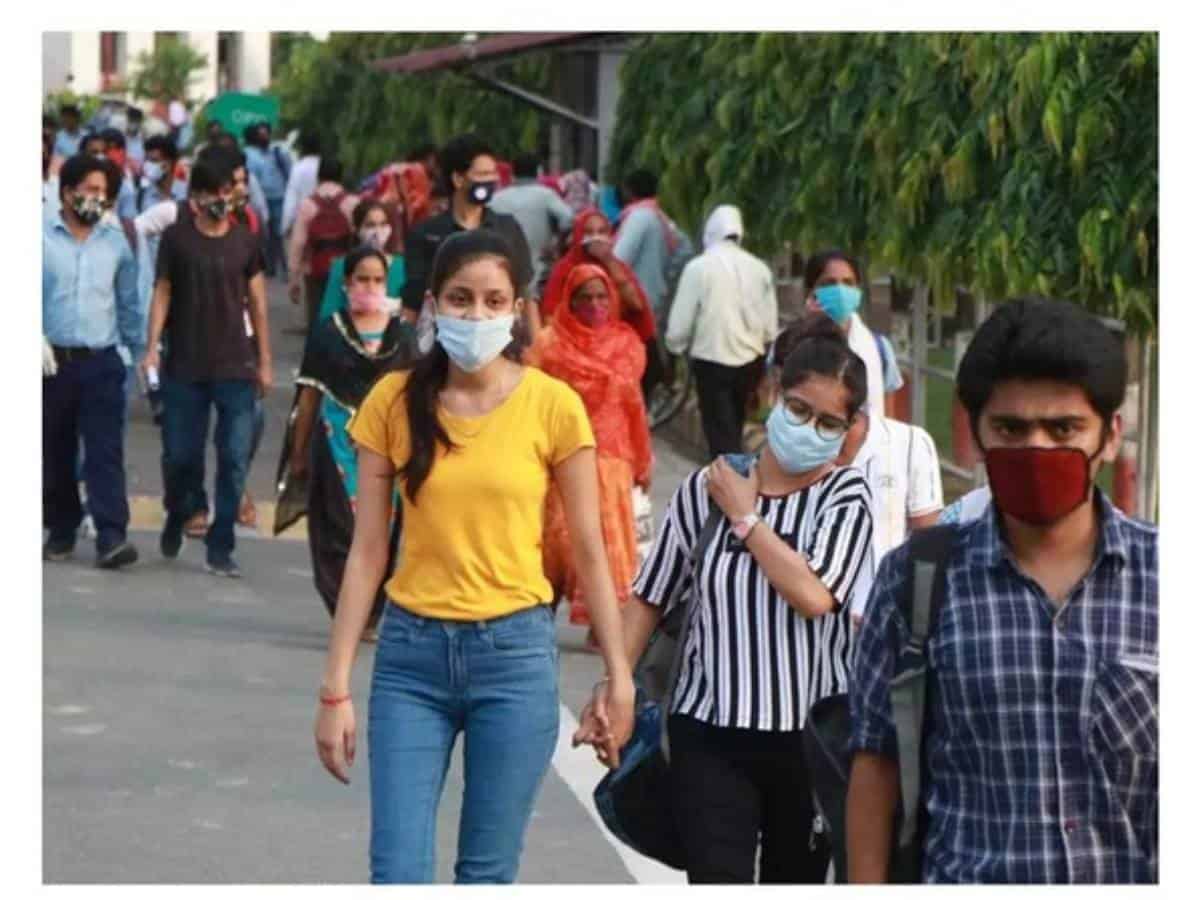Amaravati: After capping tuition, competitive exam coaching and hostel fees, the Andhra Pradesh government ushered in a stringent new comprehensive procedure to make it a herculean task for the college managements to breach these fee structures.
The state government will demand extensive details of day to day operations, including staff salaries and then take a call if a college can hike its fees or not.
On Tuesday, the government capped the intermediate college fees at Rs 15,000 per annum for science groups, MPC and BiPC, and Rs 12,000 for non-science or non-maths groups such as CEC, HEC and others for junior colleges located in gram panchayats.
For colleges located in municipalities, the maximum fee has been fixed at Rs 17,500 per annum for science groups and Rs 15,000 for non-science groups.
Likewise, for junior colleges located in municipal corporations, the maximum fee has been determined to be Rs 20,000 per annum for science groups and Rs 18,000 for non-science groups.
The Andhra Pradesh School Education Regulatory and Monitoring Commission (APSERMC) held a review meeting on March 3 to determine the fee structure for the two-year course in private unaided junior colleges for the block period 2021-2022 to 2023-2024.
“Notwithstanding anything contained above, if a junior college management is of the view that the fee fixed above is low in its case and is not sustainable in the long run, the institution may file a proposal before the commission within 15 days from the date of notification,” said principal secretary B. Rajsekhar.
Interested college managements must justify ‘how much fee would be adequate’ in their case, outlining the reasons why the capped fee structure is ‘low in their case’ in a prescribed format available in the commission’s website at www.apsermc.ap.gov.in For the time being, these ‘unsatisfied’ college managements can continue to collect the capped fees in full or partly, and file their proposal for a fee structure ‘convenient’ to them.
“The commission will dispose off the proposal within three months from the date of submitting the proposal and uploading all the documents. The institution shall not collect any more fees till the disposal of the application by the commission,” noted Rajsekhar.
As part of the proposal, details of salaries paid to teaching and non-teaching staff, staff qualifications, audited accounts for the previous three years including balance sheets, income and expenditure statements, receipts and payments account and bank reconciliation statements should be submitted.
Likewise, details of major heads of expenditure such as electricity charges, fuel, stationery, ‘sports equipment’, library, books, labs consumables, receipts particulars of hostel fee, tuition fee, tutorial and coaching fees and transportation charges, including any other details which will help in estimating the ‘correct expenditure’ should also be furnished.
Besides these details, APSERMC may call for day books, cash books, ledgers and other necessary details for the commission to judge and fix the ‘right’ fee structure for the ‘aggrieved college’.
“Upon considering the proposal and the reasons given by the recognized junior college, accept or reject the proposal or prescribe such percentage increase in fees as it may deem fit, specifying therein the special circumstances prevailing in that case,” said the officer.
However, the new fee will not be less than the permitted fees or capped fee structures.

